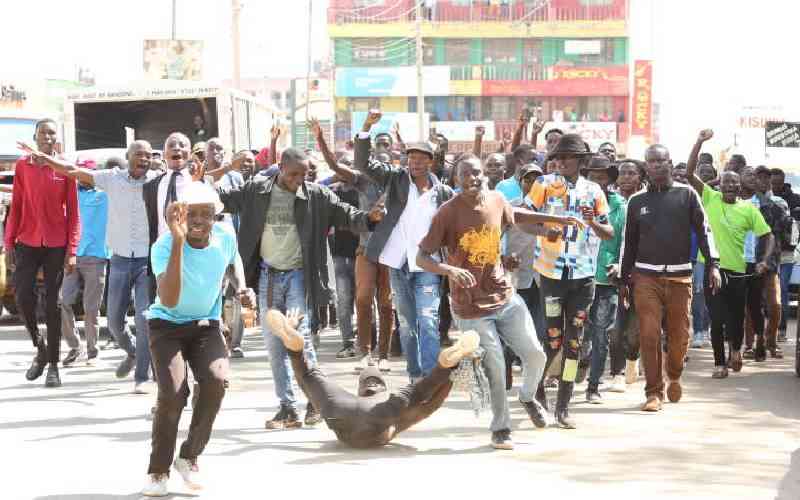
There is a good reason why the drafters of our Constitution saw fit to have the right to picket, demonstrate, and present petitions to authorities enshrined in the Constitution. Kenyans must thus stand up for and give meaning to this clause, despite its demonisation. It is understandable that if anyone mentions Article 37 of the Constitution now, people will only think of the politics of the day. However, the article does not just exist for politicians. It exists for all citizens, and Kenya is replete with victories that have been borne through picketing and protests.
Just a few weeks ago, we saw thousands of Nairobi businessmen take to the streets to protest infiltration of their businesses by foreigners. The next day, they were in a meeting with the Deputy President, Rigathi Gachagua, who took note of their concerns. It was the quickest way they could get his attention. What about the Meru University students? It took just a few hours of protest to have their Vice Chancellor, Prof Romanus Odhiambo, reinstated after what was considered an unfair dismissal.